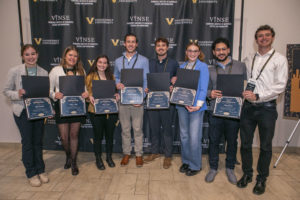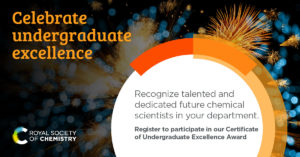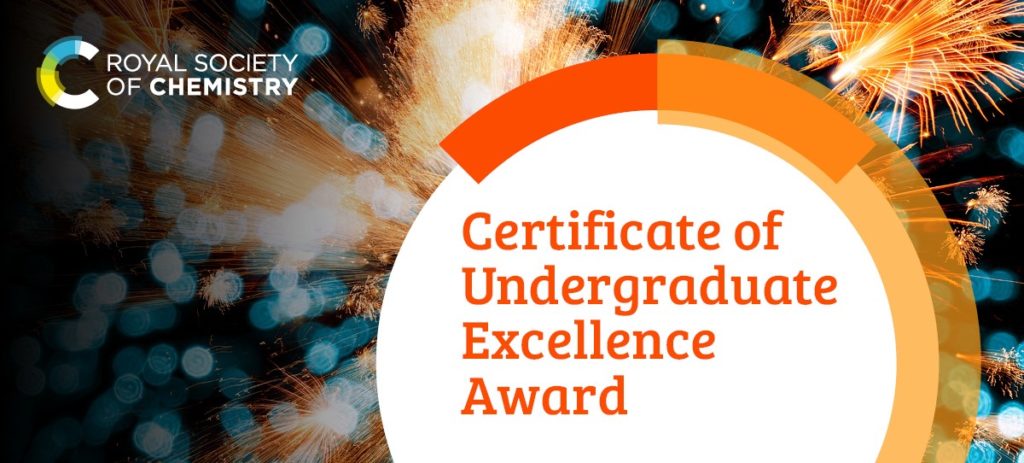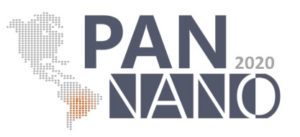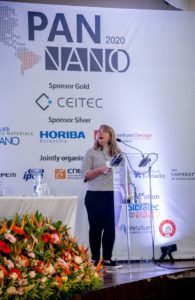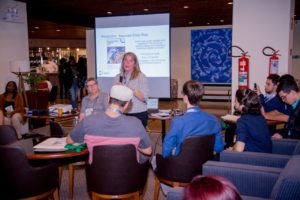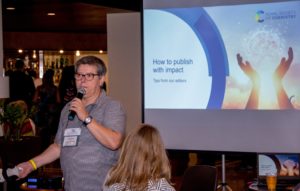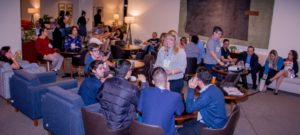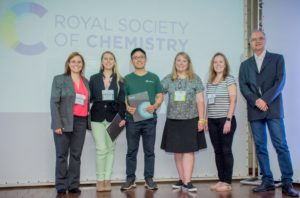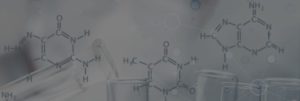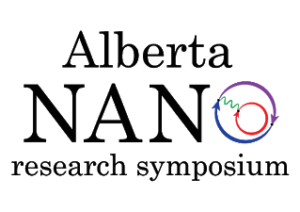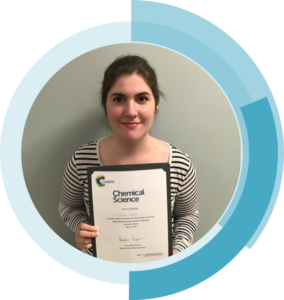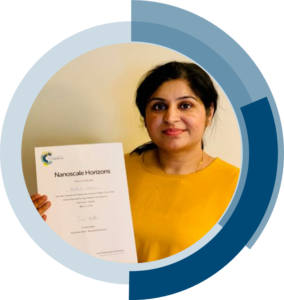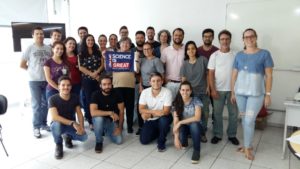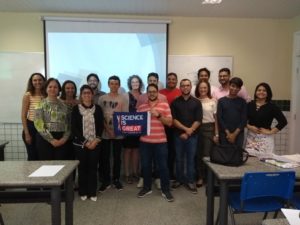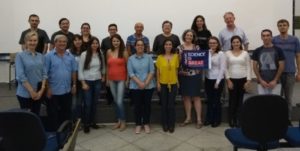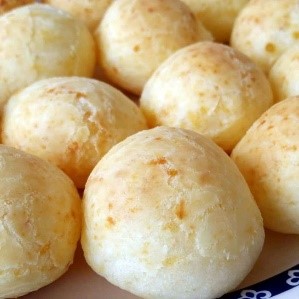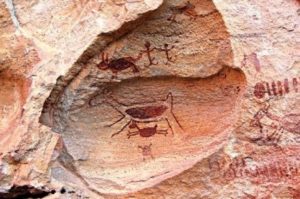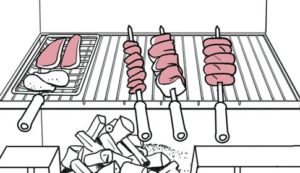2024 was one of the busiest years in recent history for the chemistry community in Brazil. Encouraged by a return of federal funding for research and collaboration, there is hope again that we are headed in the right direction.
Maintaining tradition, last year we supported the Global Women Breakfast-GWB. This meeting is an inspiration for many women in the chemical sciences, offering an opportunity to network about challenges and successes. The Chemistry Institute in Arararquara, at UNESP-State University of Sao Paulo, hosted the event; our Brazil office manager, Elizabeth Magalhaes, presented researchers with awards for their work including funding for attendance to the Brazilian Chemical Society meeting.
The 47th Annual Meeting of the Brazilian Chemical Society had great representation from RSC, as both Beth and Dr. Laura Fisher, Executive Editor of RSC Advances, attended to discuss Open Access with the regional community. They met with SBQ President, Prof. Dr. Rossimiriam Freitas (UFMG) to affirm ongoing collaboration between our two societies, including in the annual awarding of the JP-RSC-RASBQ prize. Together, we agreed to sponsor several division and specialized meetings, enabling us to support researchers across the country of Brazil.
Next, the X Encontro Nacional de Química Ambiental (ENQAmb) with the XV Latin American Symposium on Environmental Analytical Chemistry (LASEAC) was held in Ouro Preto-MG. This historic city is known for its gold and diamond mines, and as a result, is a place of environmental concern. At the conference, we gave a presentation to local researchers on publishing in our environmental and analytical journals.
Beth next travelled from MG state to Rio for the 29th International Liquid Crystal Conference (ILCC2024). This was an important international event that drew attendance from the top Brazilian researchers in the field, and Soft Matter, RSC Advances, Materials Advances, and Journal of Materials Chemistry C sponsored poster prizes.
Following these international events, Beth attended the main SBQ division meetings of the year: Brazilian Meeting on Organic Synthesis (BMOS), Brazilian Meeting on Inorganic Chemistry (BMIC), and National Meeting on Analytical Chemistry (ENQA). At BMOS, Beth and Dr. Jennifer Schomaker (UW Madison), editorial board member for Organic Chemistry Frontiers, awarded our traditional RSC/BMOS Early Career Investigator Award – together with the UK government, we sponsored two Brazilians and two UK researchers to present their work at the event.
Similarly, at BMIC, we sponsored one Brazilian researcher as Early Career Researcher DQI/Royal Soc Chem Awardee to present a plenary lecture. Along with Inorganic Chemistry Frontiers editorial board member Dr. Justin Wilson (UC Santa Barbara), we announced a special issue related to the meeting. We also heard from other RSC editors at the meeting, including Drs. Ana Flavia Nogueira and Camila Abbehausen.
At ENQA, a huge meeting for analytical chemists, we were supported by our editorial board members Drs. Marcia Mesko (UFPel-JAAS) and Wendell Coltro (UFG-Analytical Chemistry) to present to a full audience about our journals.
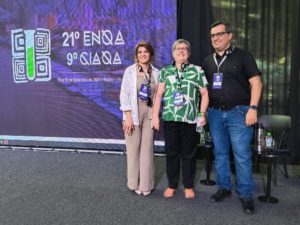
Marcia, Elizabeth, and Wendell at ENQA after presenting to over 100 attendees.
Beth next attended the annual Materials Research Society (MRS) Meeting-Brazil in Sao Paulo state. With more than 1700 attendees, this conference was an excellent opportunity to present to the community about our journals. Beth was supported by Editor-in-Chief of RSC Applied Interfaces, Dr. Federico Rosei (University of Trieste, Italy), who was an invited speaker at the event. We also sponsored six oral and poster prizes, which were warmly received by researchers.
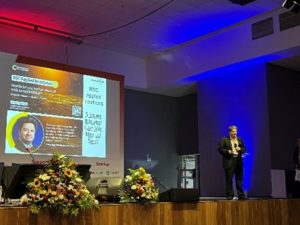
Dr. Federico Rosei presenting at MRS-Brazil.
Besides these larger events, RSC Brazil was able to support one regional SBQ meeting for the Minas Gerais state, three site visits to the main universities in Sao Paulo (USP, UNICAMP, and Mackenzie), three symposia, two workshops, an accreditation visit, and four chemistry weeks around the country.
The final conferences Beth attended in 2024 were the AutoOrg-8th Meeting on Self Assembly Structures in Solution and at Interfaces and the ICCB-3rd International Congress on Bioactive Compounds. ICCB was a new conference for us, focused on food science – here we presented the community with information about Sustainable Food Technology and Food & Function.
Overall, RSC Brazil was able to attend fourteen events in-person in 2024 and nine more virtually. We hope that by showing our interest in different areas of the chemical sciences, we keep the RSC in the front of researchers’ minds when considering where to publish their work.











